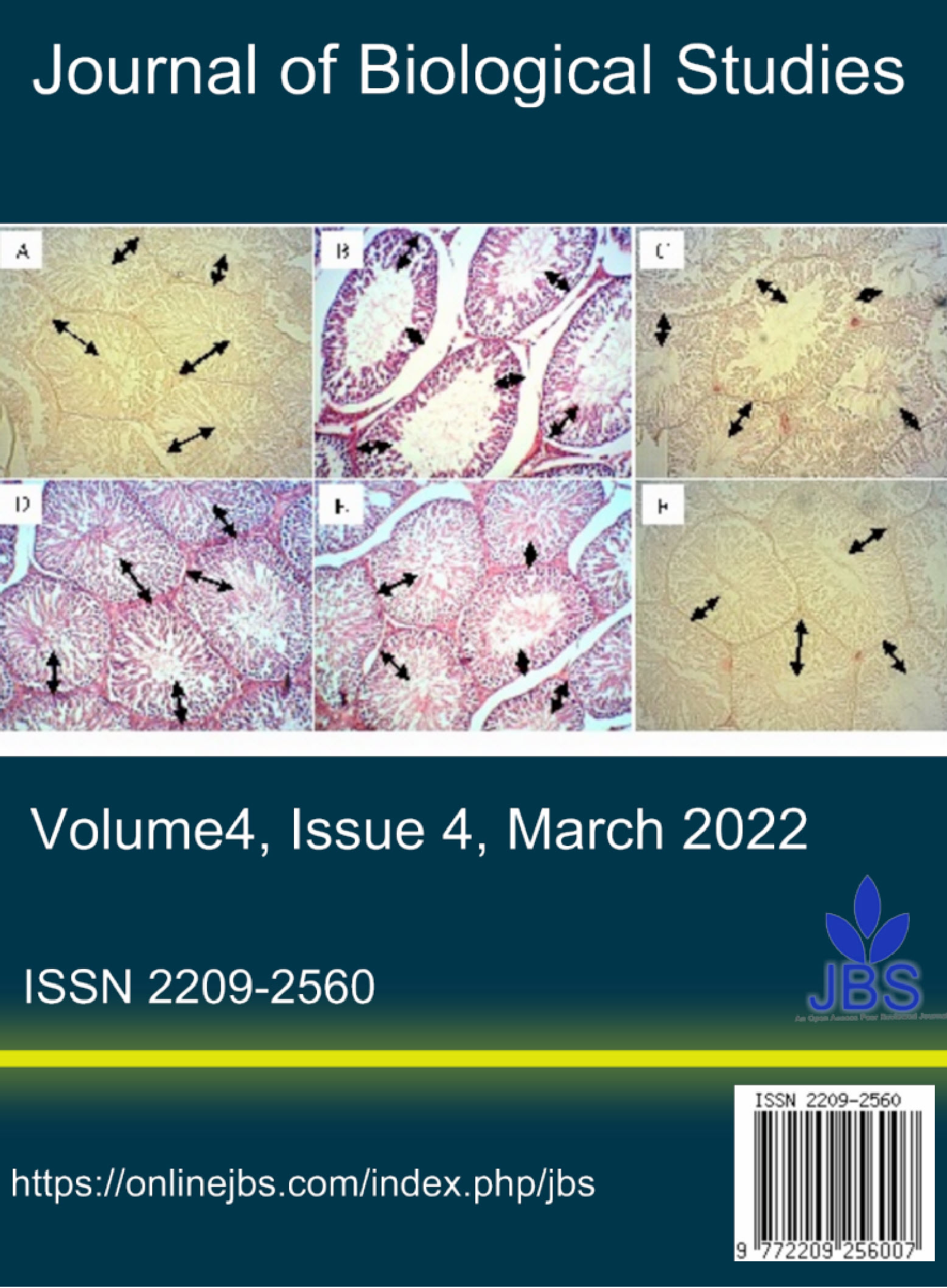The Comparative Effects of Aqueous Extracts of Green Tea and Catechin on Inflammation, Apoptosis and Oxidative Stress in the Testicular Tissue of Diabetic Rats
Main Article Content
Abstract
Diabetes mellitus causes damage to testicular tissue through inflammation and oxidative stress. Catechin has been reported to have anti-oxidant and anti-inflammatory properties. This study was performed to compare the effects of aqueous extracts of green tea and catechin on inflammation, apoptosis and oxidative stress in the testicular tissue of type-1 diabetic rats. In this experimental study, 48 male Wistar rats were divided into control group, and diabetic rats treated with aqueous extract of green tea (100 and 200 mg/kg) and diabetic rats treated with catechin (100 and 200 mg/kg) (n = 6/each group) for 4 weeks. Diabetes was induced by an intraperitoneal injection of 240 mg/kg Aloxan. Levels of glucose, CRP, TNF-α, IL-1β and IL-6, SOD, CAT, GPX, MDA, Bax and Bcl-2 were measured by Elisa in testicular tissue. Histomorphometric changes in testicular tissue were evaluated using E&H staining method. Treatment with aqueous extract of green tea (200 mg/kg) and catechin (100 and 200 mg/kg) resulted in a significant increase in Bcl-2, SOD, CAT, GPX levels and a significant decrease in serum glucose, Hs-CRP, TNF-α, IL-1β, IL-6, Bax and MDA levels, and significantly increased seminiferous tubules diameter and germinal cells count in testicular tissue compared to the diabetic control group. Treatment of diabetic rats with catechin had more improving effects on blood glucose, apoptosis, inflammation, lipid peroxidation, antioxidant enzymes, and histological structure of testis than green tea aqueous extract.
Article Details

This work is licensed under a Creative Commons Attribution 4.0 International License.
